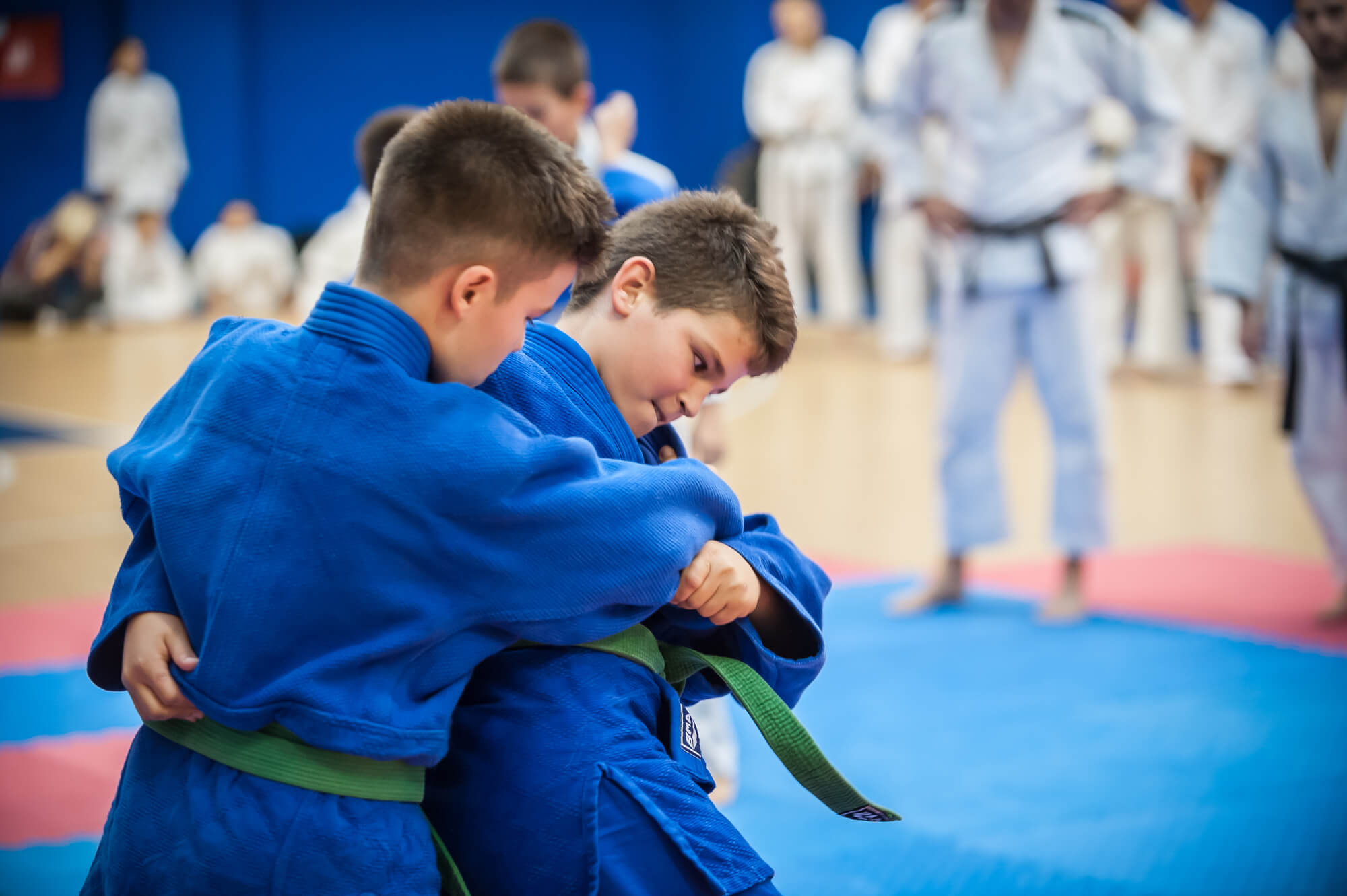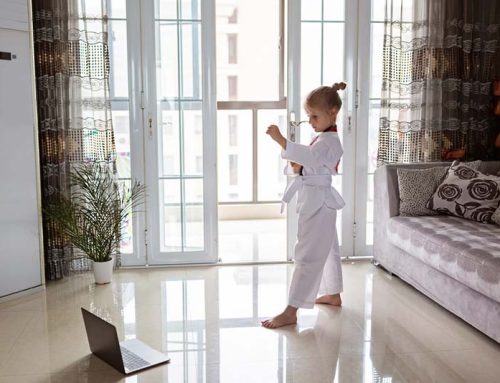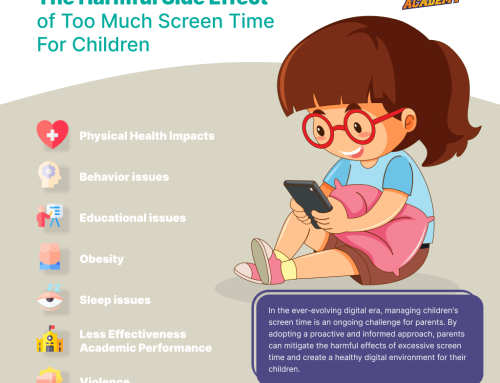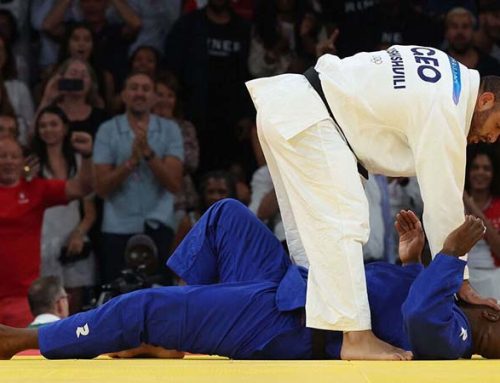In today’s world, where children often spend hours glued to screens, Judo offers a compelling alternative. This dynamic martial art, founded in Japan by Jigoro Kano, goes beyond basic self-defense. Judo translates to “the gentle way,” and its philosophy emphasizes respect, discipline, and self-improvement. For children, Judo provides a unique blend of physical activity, mental stimulation, and character development that can benefit them throughout their lives.
Physical Fitness Powerhouse
Judo is a fantastic way for children to develop a strong and healthy body. Training sessions involve a variety of exercises and techniques that build:
- Strength: Judo throws, takedowns, and grappling movements require significant muscular strength in the core, legs, and arms.
- Cardio: Judo training is a full-body workout that gets the heart rate up, improving cardiovascular health and stamina.
- Balance and Coordination: Judo throws rely on precision and control, requiring children to develop excellent balance and coordination. This translates to better overall body awareness and agility.
- Flexibility: Stretching and rolling techniques in Judo increase flexibility, which can help prevent injuries and improve overall athletic performance.
The physical benefits of Judo extend beyond immediate health. By fostering a love for physical activity at a young age, Judo can help children establish healthy habits that can last a lifetime, potentially reducing the risks of obesity, heart disease, and other chronic conditions.
Building Mental Muscles
Judo isn’t just about physical prowess; it also strengthens the mind. Here are some of the ways it benefits children’s mental development:
- Focus and Concentration: Judo techniques require precise movements and timing. Training sessions help children develop focus and concentration, which can benefit them in school and other areas of life.
- Problem-Solving Skills: Judo throws and grappling involve strategizing and adapting to your opponent’s movements. This constant challenge hones problem-solving skills and critical thinking.
- Goal Setting and Perseverance: Learning Judo involves dedication and practice. Children set goals, like achieving a new belt rank, and learn to persevere through challenges. This fosters a strong work ethic and goal-oriented mindset.
- Improved Cognitive Functioning: Studies have shown that Judo training can improve cognitive function in children, including memory, reaction time, and spatial awareness.
These mental benefits equip children with the tools they need to succeed academically and in future endeavors. Judo teaches them to stay focused, think critically, and persevere through challenges, skills they carry with them throughout their lives.
Building Character on the Mat
Judo’s philosophy, “Jita-Kyoei” (mutual benefit and prosperity), emphasizes respect, discipline, and self-improvement. These core values are woven into every aspect of Judo training:
- Respect: Judo practice begins and ends with bowing, teaching children respect for their instructors, peers, and opponents.
- Discipline: Judo requires following rules and instructions, fostering self-discipline and a sense of responsibility.
- Humility: Learning Judo involves overcoming challenges and accepting losses gracefully. This instills humility and a growth mindset.
- Confidence: As children master techniques and progress through belt ranks, their self-confidence grows. They develop a sense of accomplishment and a belief in their own abilities.
Judo builds strong character and teaches children valuable life lessons. They learn respect for authority, the importance of hard work, and how to bounce back from setbacks. These values are essential for success not only in Judo but also in their relationships, academics, and future careers.
Building a Community on the Mat
Judo isn’t just an individual pursuit; it’s a social activity. Children train alongside others, developing friendships and a sense of belonging. Judo dojos (training halls) foster a supportive and encouraging environment where children learn to work together and build teamwork skills. Additionally, Judo competitions provide opportunities for children to test their skills against peers in a safe and controlled environment. This can build confidence and teach valuable lessons about sportsmanship and resilience.
The camaraderie and sense of belonging developed in Judo can be especially beneficial for shy or introverted children. The supportive environment of the dojo can help them feel comfortable stepping outside their comfort zone and making new friends.
Judo for Every Child
Judo offers a unique blend of physical activity, mental stimulation, and character development that can benefit children of all ages, genders, and physical abilities. Judo programs are often structured with age-appropriate activities, ensuring a safe and enjoyable experience for everyone. Additionally, Judo emphasizes technique over strength, making it a great option for smaller or less physically imposing children.
Before enrolling your child, it’s important to find a reputable Judo dojo with qualified instructors who create a safe and positive learning environment. Judo instructors play a crucial role in guiding children’s development and fostering a love for the sport.






